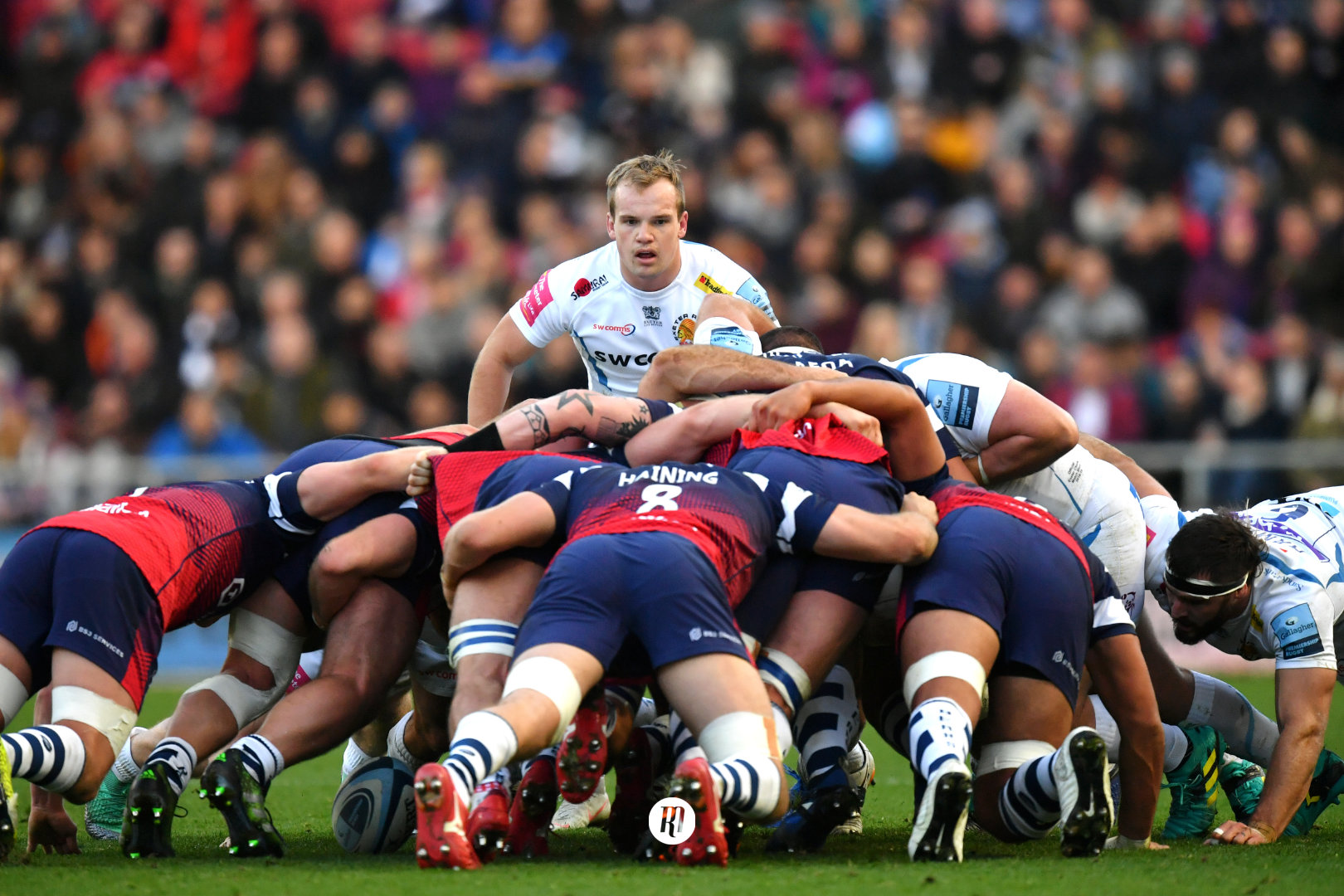The scrum: is it a waste of time in the professional game?
The scrum is becoming an unruly and time wasting affair, is it time that we looked to change the laws?
Having watched rugby grow, in the Northern Hemisphere in particular, into a game of large men bashing the living daylights out of each other for 80 minutes, it is no surprise that the scrum has become such a key component of one team's dominance over another. However, with the scrum now often becoming such an unruly and time wasting affair, is it time that we looked to change the laws?
Is it time to change the scrum?
With 16 large forwards essentially attempting to out-muscle each other, is it any surprise that the scrum collapses as often as it does? Can the scrummage really be considered a restart as the line-out is considered such? In the Southern Hemisphere you may be inclined to argue that it is, but in the Northern Hemisphere penalties at scrum time seem to determine the ultimate match winner on many occasions, with scrums taking over a large proportion of game time. Is this always the benefit of a dominant scrum, or is it just a particular referee's interpretation (having normally never played a minute there themselves)?
A team can dominate a line-out throughout the game, especially in club rugby, but as it is a restart you see far less penalties given in that form of set piece. Is that perhaps the way to go? If a scrum has gone to ground, rather than resetting or dishing out penalties, keep the game flowing with a free-kick?
With the growth of professionalism, players have grown stronger, conditioning has improved, and we find coaching evolving and adapting to these changes in order for teams to get the better of each other. Has this led to the technique of scrummaging - 'the dark arts' as it is often referred to by the Front Row Union - being coached out of the game, with the strongest players expected to out-muscle their opponents, rather than outsmart them? A few years ago, circa Andrew Sheridan et al, it may have been easy to argue this point; however, the change to the calling system has effectively led to the removal of the initial 'hit' at scrum time, which would seem to negate this argument.
However, the scrum still seems to take up a large chunk of playing time during a game. In no way would anyone want to switch to League style lean-on scrummaging, which is just a simple restart; but perhaps stopping the clock until the referee has called set would allow more time for open play? Perhaps adapting the rules to suggest that if a scrum has dropped in the front row, but it isn't immediately dangerous, a call should come from the referee asking the scrum-half to move the ball on - in a similar manner to the 5-second ruling? This probably wouldn't work on a defending team's five metre line where a dominant attacking scrum can power over the line for a try, however.
It would be great to hear your thoughts on this as player safety and other areas of the game continue to adapt.

Filed under:
Spirit Of The Game
Written by: Michael Kerr
Follow: @michaelj_kerr · @therugbymag




